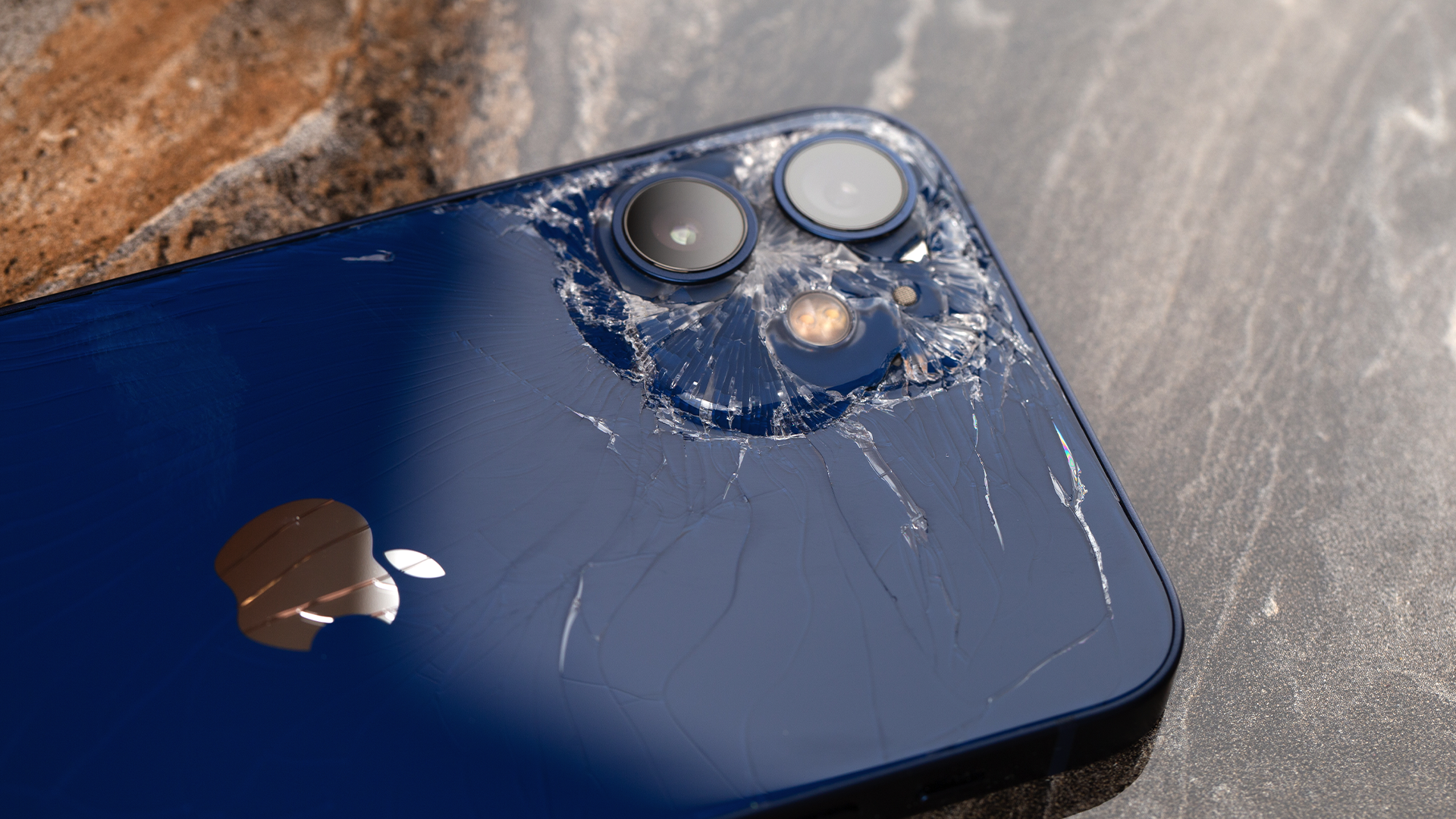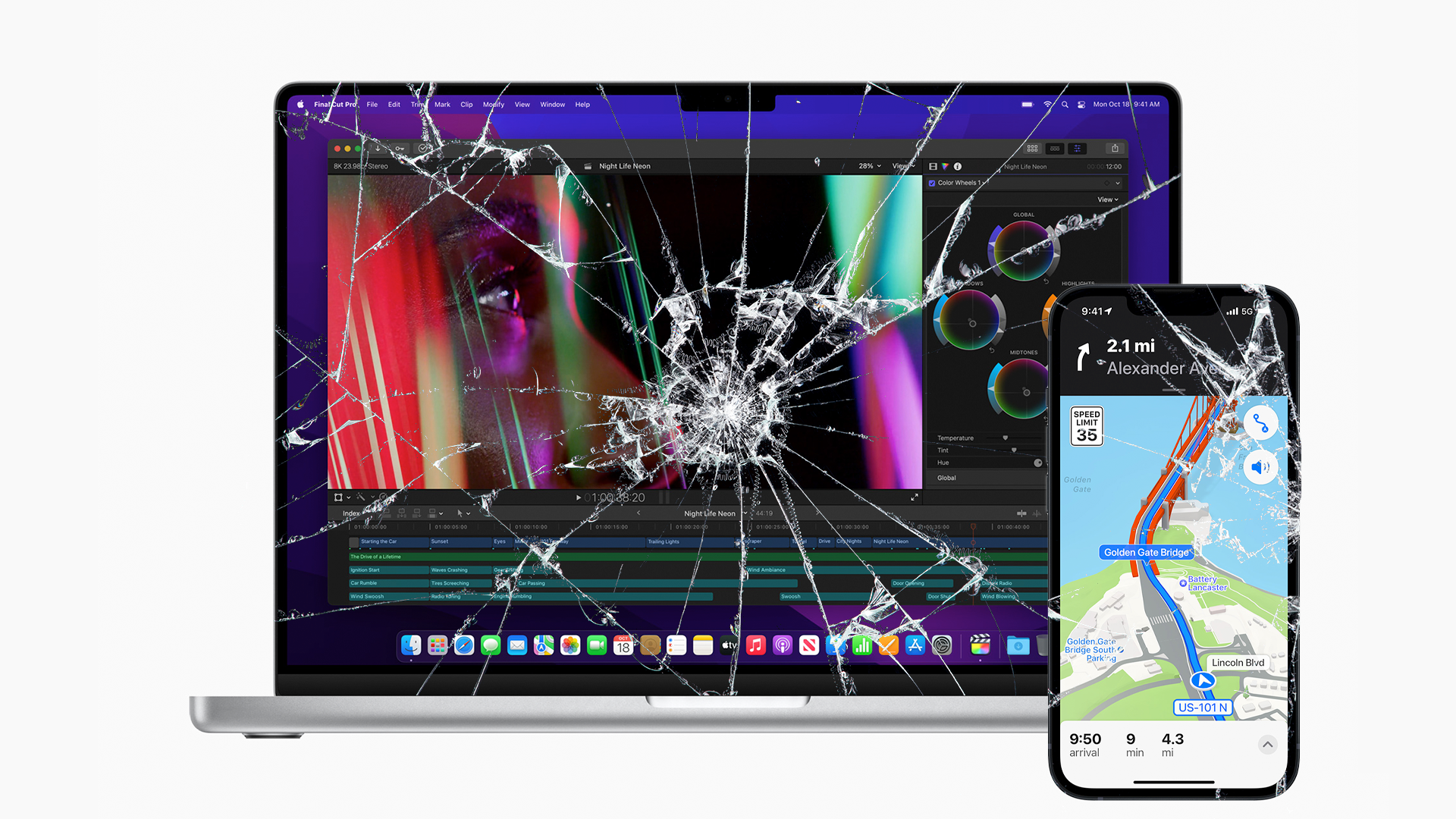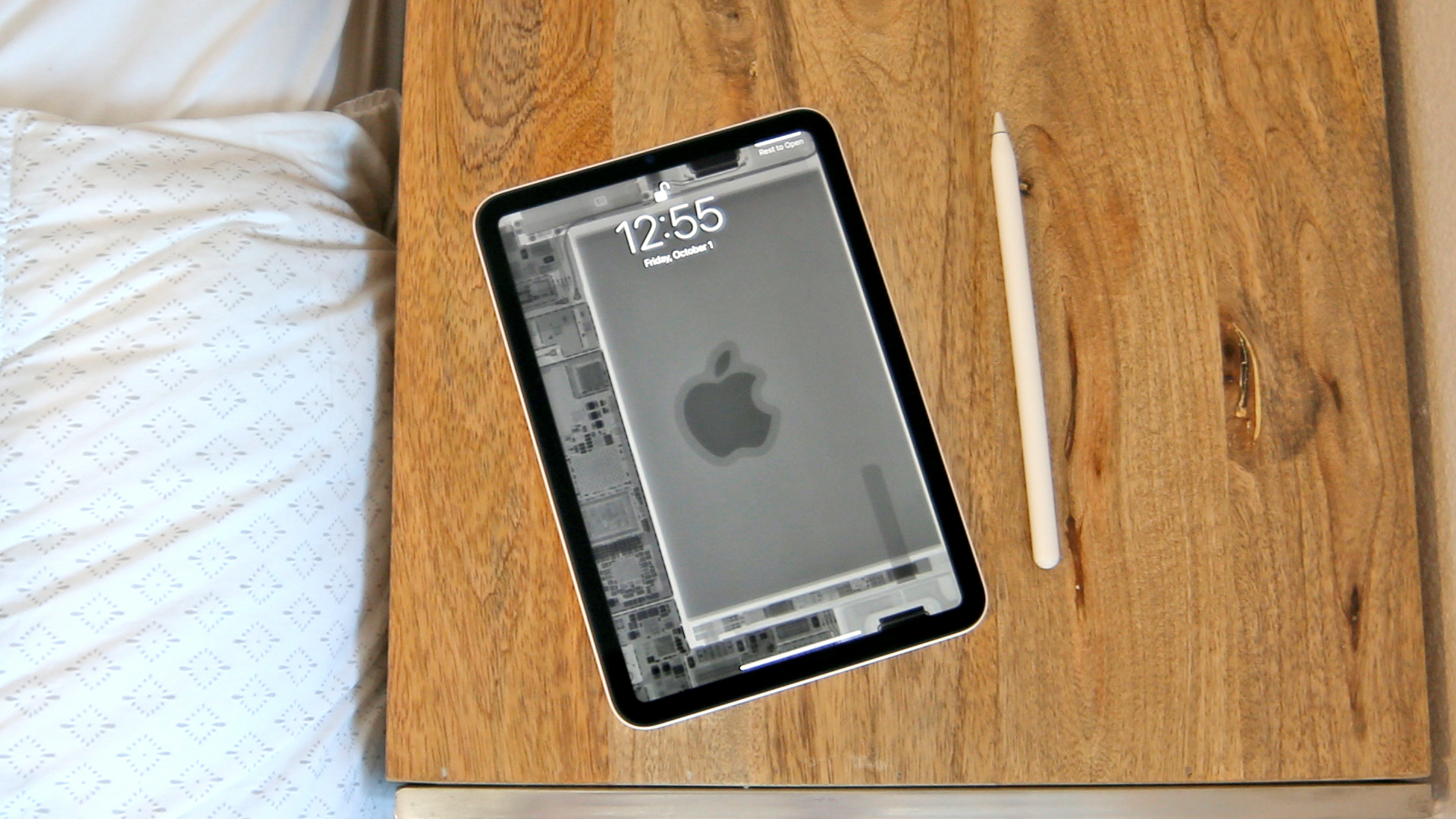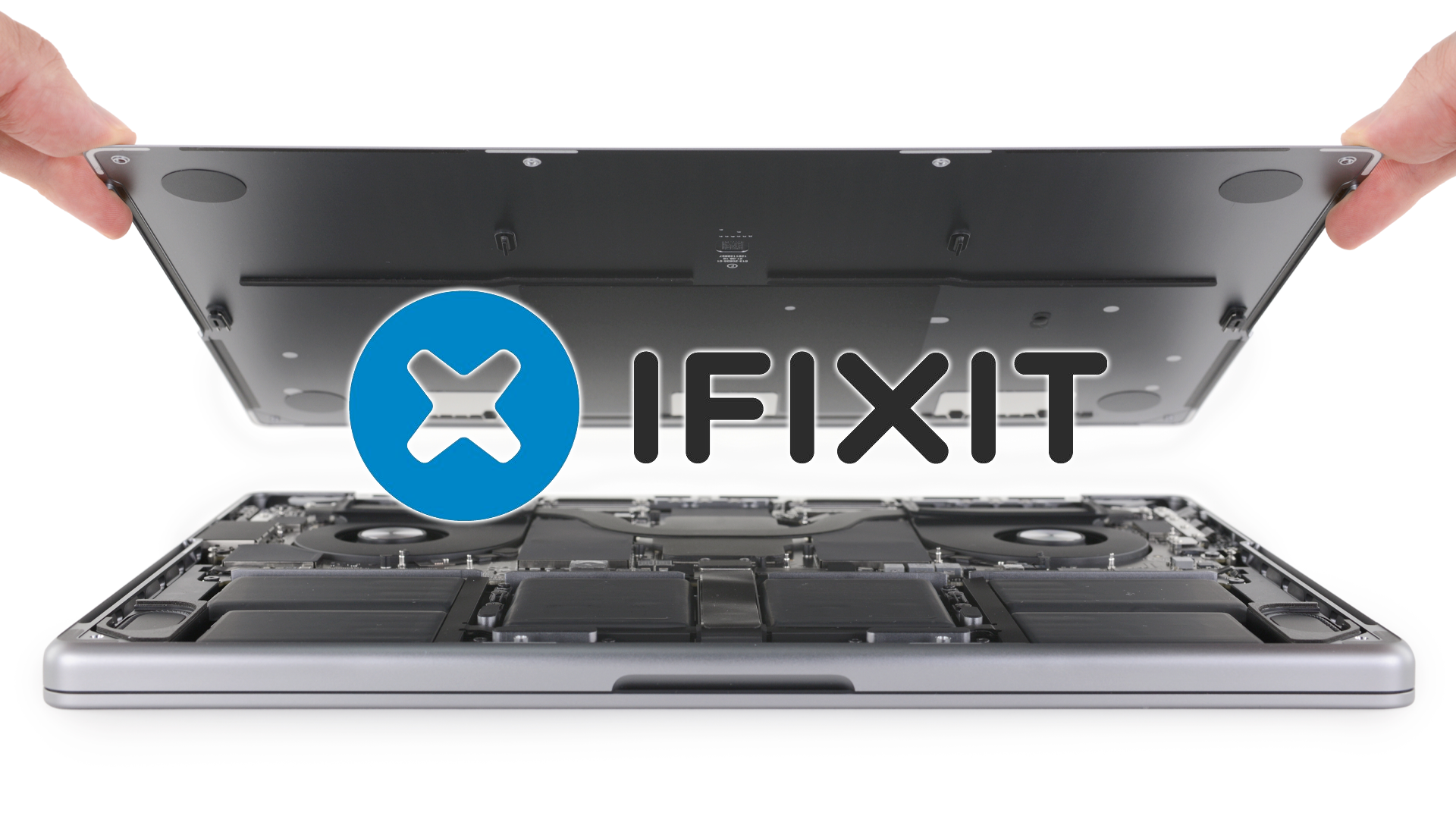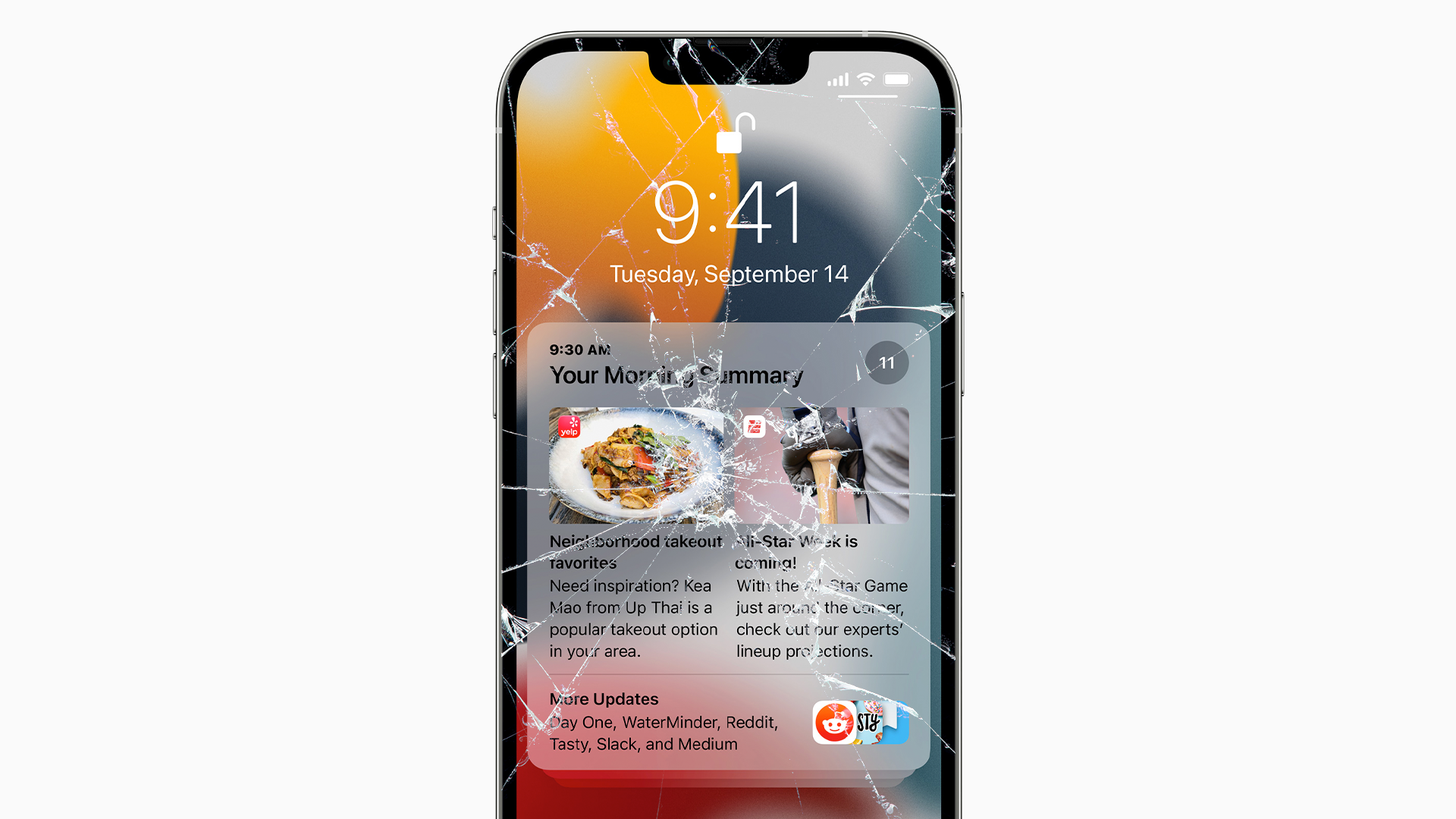Quick Links
Customers and critics showered Apple with praise when it announced Self Service Repair, a program that lets you access authentic parts and repair guides for your Apple products. But Apple hasn't mentioned the program since late last year, and it's supposed to launch in "early 2022." What's wrong, Apple? You don't want to brag about "customer choice" anymore?
Self Service Repair: Coming ... Eventually!
The idea behind Self Service Repair is pretty simple. Instead of buying unofficial parts or visiting expensive "authorized" repair technicians, customers can just buy parts for the iPhone, Mac, iPad, or Apple Watch on the Apple website. Self Service Repair will also provide official repair guides to customers, plus a recycling and reimbursement service for broken parts you return to the company.
When Apple announced Self Service Repair last November, it claimed that the program would launch in early 2022. But Apple's gone silent. We're nearly halfway through the year and haven't heard any new information on Self Service Repair or its expected launch date.
This lack of transparency is frustrating, to say the least. Self Service Repair isn't just a popular idea; it's also something that benefits the environment and has an immediate impact on customers' wallets. Should we wait for this program to launch, or should we just assume that Apple is giving up on the idea?
Hoping for a bit of insight, we spoke with iFixit CEO Kyle Wiens. He made the following comment, which is both hilarious and correct:
"Apple's parts program is starting to remind us of AirPower."
Yeah, you can't argue with that! Just like Self Service Repair, the AirPower charging mat generated a ton of excitement when it was revealed by Apple. But the company failed to release the product in a timely manner or explain the delay to customers.
In the end, AirPower was canceled because it didn't meet Apple's "quality standards," which makes sense, as the technology for such a product doesn't exist yet. But Self Service Repair is extremely straightforward and shouldn't be difficult for Apple. It's just a storefront for stuff that Apple already manufactures.
Even if Apple is dealing with supply shortages, which could impact spare parts availability, that's not an excuse for a lack of transparency. Also, the company could publish the repair manuals that are already available to its technicians. (I should note that Apple is supposedly running Self Service Repair through a third party, which may be the source of the trouble.)
To Be Fair, Self Service Repair Isn't an Ideal Solution
We'd really like to see Apple launch Self Service Repair, as it will dramatically improve the Apple product experience for some users. But here's the thing; Self Service Repair is hardly the best solution for customers who want to fix their Apple products at home. This program still gives Apple full control over every part of the repair process---and I'm not just talking about pricing.
Apple likes to use "serialized" parts in its products. An iPhone can tell if you've swapped out its Face ID hardware, for example, and it may reject the replacement part in the name of "security."
Authorized repair professionals get around this problem using exclusive Apple software. And while customers in Self Service Repair will also gain access to this software, it'll only work with parts purchased directly from the company.
Customers can't use this software with donor parts from old or broken phones---in other words; Apple is intentionally stomping out the cheapest and most environmentally friendly path to device repair. Apple claims that this lockdown improves "device security," but I've yet to see a good explanation for what that even means. Plus, competitors like Google offer calibration software for free, and they don't seem to be having any problems!
The solution here, assuming that Apple actually cares about repairability or the environment, is quite simple. Apple should relinquish its control over product repairs. That means providing parts, software, and repair guides to customers through easily-accessible outlets instead of a proprietary repair program. You know, the thing that Google, Samsung, Microsoft, and even Valve are doing with iFixit!
If Apple Really Cares, It Should Team Up with iFixit
Several companies and foundations specialize in product repair. But iFixit is the biggest name in smartphone and laptop repair---it's a trusted source for professionals and the press, it's the center of an enthusiastic community, it has an effective business model, and of course, it's already working with Apple's largest competitors.
Several big tech brands, including Microsoft, Valve, Samsung, and even Google are working with iFixit to sell genuine parts directly to customers. What's more, iFixit is bolstering its selection of repair guides to take advantage of these partnerships. Even if these brands are just looking for publicity, their work with iFixit greatly improves the customer experience.
But Apple decided to build its own DIY repair service. It's a bit ironic, for several reasons. Not only is iFixit the best destination for Apple repair guides, but the company was founded because of a broken iBook. Plus, Apple keeps hiding iFixit products in its launch events! If Apple employees respect iFixit, why don't they just work with the company?
I'm not going to bother speculating on this subject, but I will mention two things that are on my mind. First, Apple likes to have full control over its products. The brand rarely wavers in this regard, even when it comes under scrutiny from critics or lawmakers.
Second, iFixit regularly publishes "repairability scores" for new products. These scores tell you if a device is easy to fix, and despite iFixit's partnerships with Samsung and Microsoft, it continues to publish unflattering scores for the companies' products. Apple tends to score very poorly, by the way.
Clearly, We Still Need Right to Repair Legislation
From a legal standpoint, you can crack open a phone or laptop without any consequences. But manufacturers, especially smartphone and vehicle makers, have knowingly made product repairs difficult through software design, engineering, warranties, authorized repair programs, and an unavailability of replacement parts.
Right to Repair legislation aims to solve this problem. Such laws would force manufacturers to offer replacement parts, repair documentation, and tools to consumers. Not necessarily for free, mind you---people just want the option to fix their stuff.
Lawmakers worldwide know that Right to Repair is popular, as a recent lawsuit against John Deere pushed the idea into the mainstream. The U.S. Senate is currently discussing a Fair Repair Act, which could address the concerns of Right to Repair enthusiasts. Notably, the Fair Repair Act appears to have bipartisan support.
While it's nice to see manufacturers dip their toes into repair programs, it's clear that they won't take this subject seriously without legal or economic pressure. If we could boycott cars or phones, the latter option could be a great choice. But Right to Repair legislation seems to be the only realistic path toward universal device repairability, which will benefit the environment and consumers' bank accounts.

